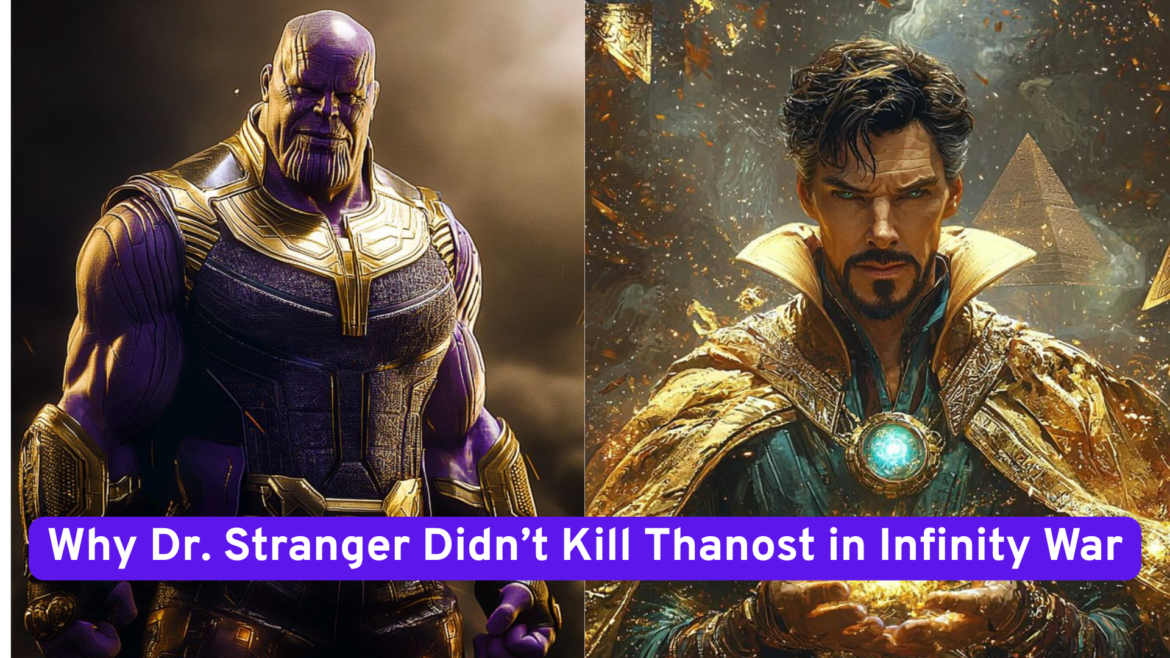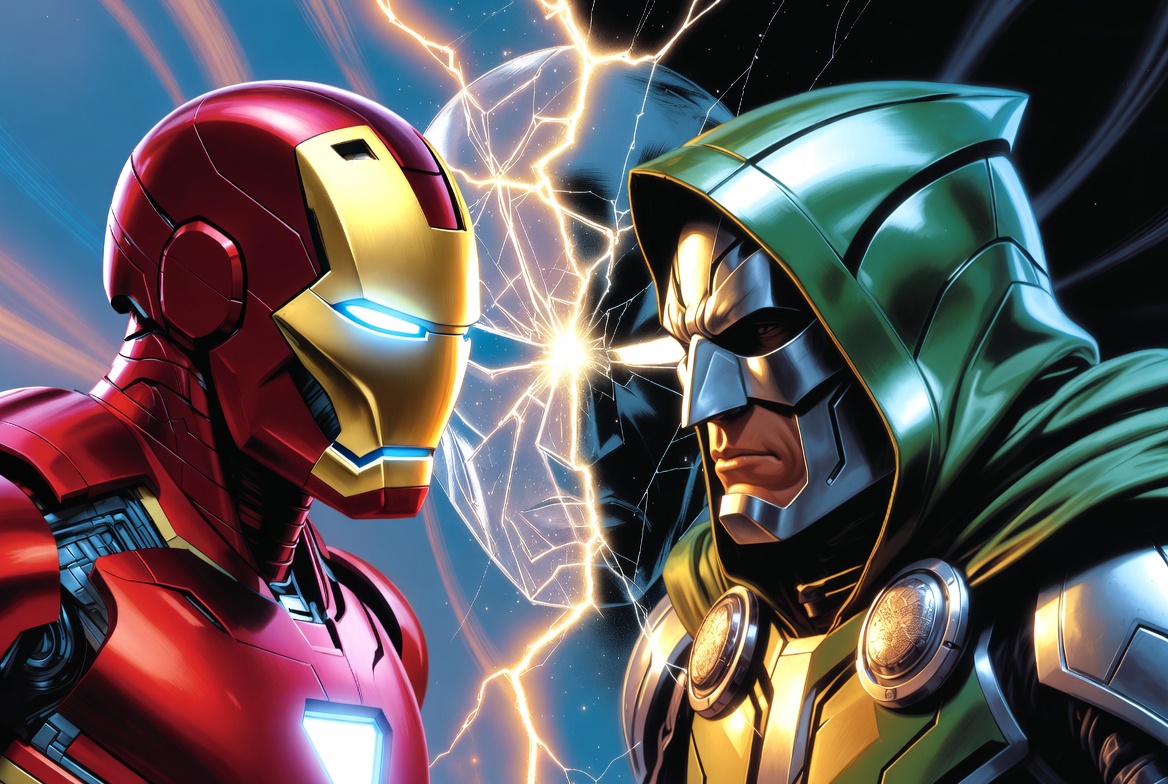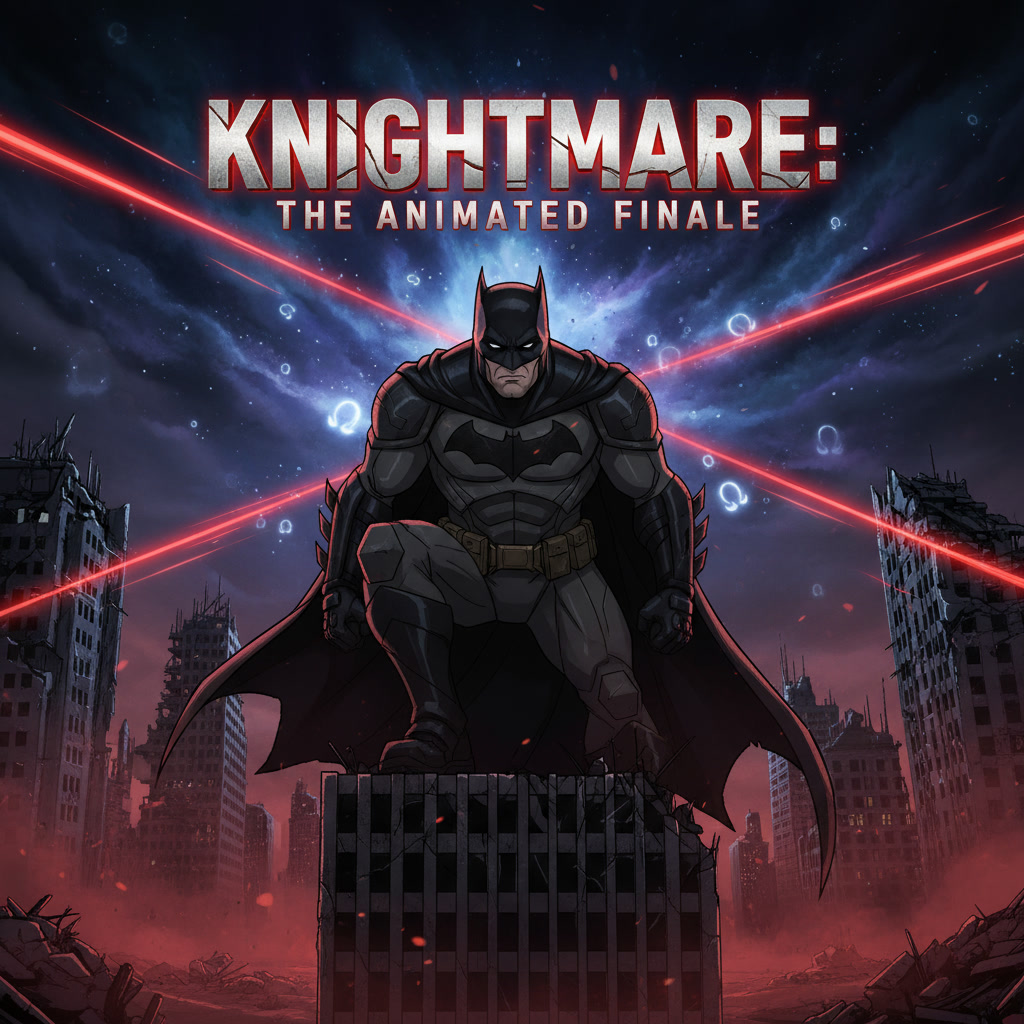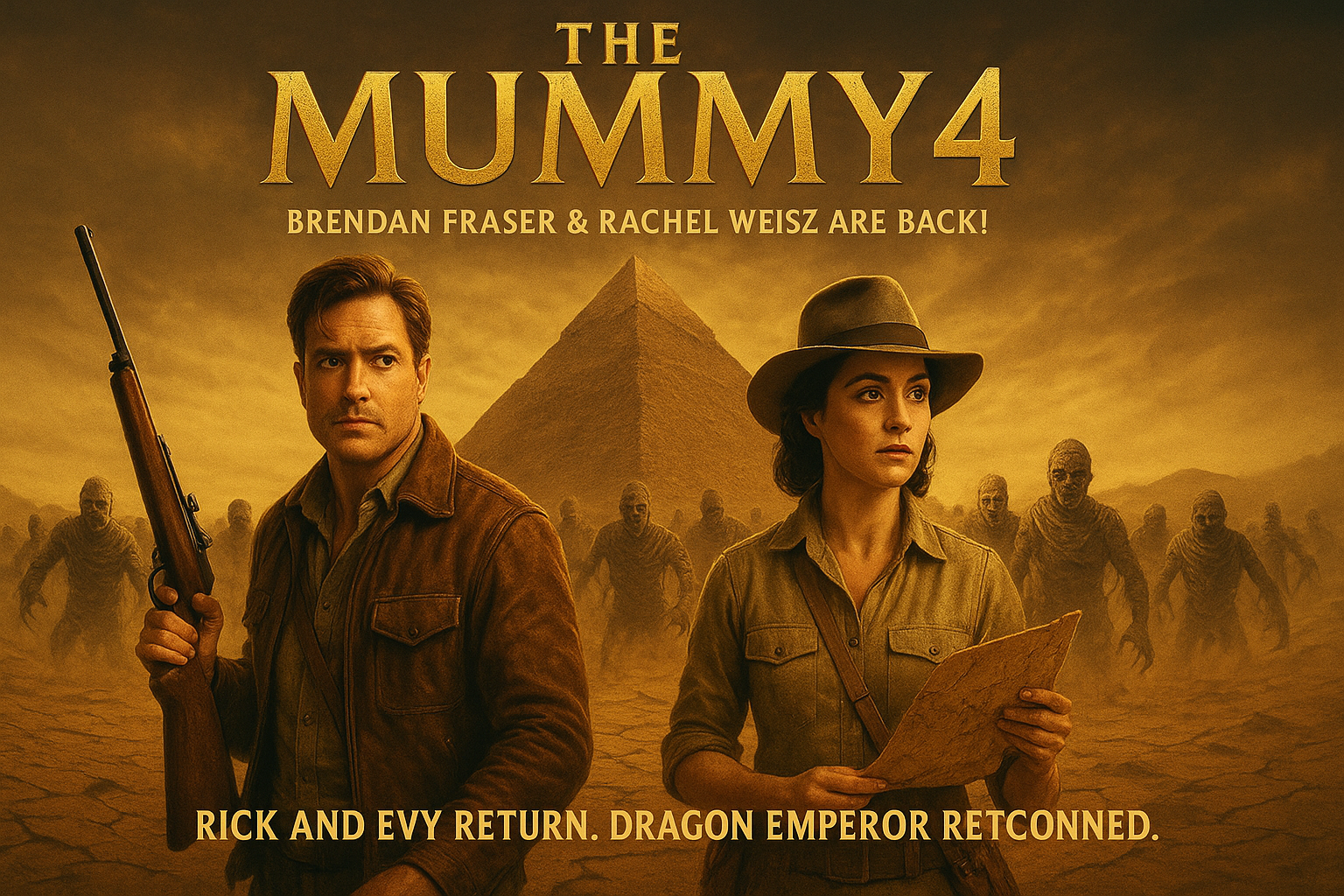
We’ve all been in that position, waiting like a deer in the headlights watching Doctor Strange perform that “Wizard Duel” with Thanos on Titan in Avengers: Infinity War. With everything he does in that fight, we really saw his skill level with the Mystic Arts. We saw him twist reality, create duplicates of himself, and at one point, even change the trajectory of Thanos’ attacks into butterflies. So, after watching that scene, you can’t help but think, if he was that powerful, he could have just ended it, right? Why didn’t Strange just cut off Thanos’ hand with the portal? Or trap him in a time loop for all eternity, like he did to Dormammu? Even now with the context of Doctor Strange in the Multiverse of Madness, in which we see reality changes where Thanos was stopped by other measures (and when Scarlet Witch broke the multiverse and rang the bell for all to hear), we can explore the timey-wimey game of fate and free will that led up to Strange’s pivotal moment.
The Unseen Million: The One Path to Victory

The answer, as Strange himself famously stated, lies in the 14,000,605 possible futures he witnessed. Out of all those permutations, a staggering number, only one led to victory. This isn’t just a cool line for a movie; it’s the very backbone of his actions throughout Infinity War. Strange, with the Time Stone, wasn’t just idly speculating; he was experiencing these timelines, living through the consequences of every conceivable choice.
Imagine the sheer mental fortitude required. He saw every attempt to sever Thanos’s hand, every direct magical assault, every hero’s sacrifice, culminating in failure. Perhaps in many of those futures, a quick kill of Thanos on Titan would have simply led to a different, equally devastating threat emerging, or a fracturing of the very timeline that would prevent the ultimate win. The victory wasn’t just about stopping Thanos in that moment; it was about ensuring the long game led to the desired outcome.
The Problem with a Quick Kill: What Could Go Wrong?

Let’s break down why a direct kill might have backfired catastrophically:
- Thanos’s Durability and the Reality Stone: Even without all six Infinity Stones, Thanos is a formidable force. The directors themselves have hinted that Thanos’s skin and bones are incredibly dense, making a portal-slice a less certain gambit than it appears. Furthermore, Thanos already possessed the Reality Stone by the time Strange fought him on Titan. Any attempt at a swift, unexpected kill could have been instantly undone or warped by the Mad Titan’s manipulation of reality. He could have simply reverted the damage, or even used the stone to turn the tables on Strange in unimaginable ways.
- The Time Stone’s Limitations against Thanos: While Strange used a time loop effectively against Dormammu, who exists outside of time, Thanos is a being firmly rooted within the chronological flow of the universe. A time loop would likely have been nothing more than an annoyance to Thanos, who could simply endure it or find a way to break free, potentially even turning the Time Stone’s power against Strange.
- The Catalyst for the Snap and the Blip’s Necessity: This is perhaps the most crucial point. The “one winning outcome” required Thanos to collect all six Infinity Stones and execute the snap. It’s a bitter pill to swallow, but the suffering caused by the Blip, the five years of absence for half of all life, became a necessary crucible. It fostered a unique kind of despair and resilience that, in turn, fueled the events of Endgame.
- The Quantum Realm Anomaly: After five years stuck in the Quantum Realm, Scott Lang was freed by what could have been described as a random event and a rat. That rat’s participation was vital, for it allowed Scott to present the remaining Avengers with the idea of time travel, which ultimately led to the Time Heist. Without the Blip, there is no reason for Scott to have been in the Quantum Realm for five years, and thus no catalyst for the Time Heist.
- The Emotional Weight and Motivation to Act: The tragic loss of loved ones (e.g., Tony losing Peter and Clint losing his family) caused surviving Avengers to develop an unyielding drive to act. It was this deep emotional drive that gave them the fortitude to sustain their effort for 5 years achieving their objective. Had the Avengers defeated Thanos on Titan rather quickly, the Avengers may have never developed that drive we see in the movies as the emotional weight is not there to begin with.
- Captain Marvel’s Role: While not explicitly tied to Strange’s plan, the larger narrative of the MCU suggests that Captain Marvel’s return and her power were necessary components in the final battle. The distress call Fury sent before being blipped brought her back to Earth.
- The Unforeseen Consequences of an Altered Timeline: Messing with the timeline too significantly has been shown to have dire repercussions in the MCU. In Doctor Strange in the Multiverse of Madness, we see the Illuminati of Earth-838 executing their own Doctor Strange for reckless use of the Darkhold in an attempt to defeat Thanos, which led to incursions (universe-destroying collisions). While our Strange wasn’t using the Darkhold, the principle remains: altering major “nexus events” can lead to far worse outcomes than the one being avoided. His job wasn’t just to defeat Thanos, but to ensure the survival of reality itself in a sustainable way.
The Foresight of the Illuminati: A Different Path

The Illuminati’s success in Earth-838 against Thanos, mentioned in Multiverse of Madness, offers a fascinating counterpoint. They did defeat their Thanos, and seemingly without the Blip. However, their Strange used the Darkhold, a dangerous book of dark magic, to do so, leading to incursions. This reinforces the idea that even a “win” can come at a terrible cost, and that our Doctor Strange’s chosen path, while painful, was perhaps the least destructive route to ultimate victory for the 616 universe. They had different resources (like the Book of Vishanti and other powerful heroes), and perhaps their universe’s Thanos was slightly different or less formidable. Ultimately, it highlights that every universe has its own unique set of variables.
The Weight of a Sorcerer Supreme
As the Sorcerer Supreme, Doctor Strange’s job is to protect all of reality and with that in mind, I don’t think he just meant Earth when protecting it from the villainous Thanos. It’s his duty to protect existence itself. His act of giving up the Time Stone isn’t a concession to Thanos; it’s a move only he could imagine. He knew the pain he would cause, and lives that would be lost, but he also knew that he had no other choice if he was going to land on the timeline where Thanos was utterly and irrevocably beaten.
If we recognize that Doctor Strange’s approach in Infinity War wasn’t simply a failure of ability to wield power over the situation, but a lesson in strategic sacrifice, we begin to recognize the genius of his move. He is, in fact, playing the long game. I cannot say the long game as someone else might understand it, because Strange is playing a game only he has a grasp on. That is why he still secured the greatest loss ever for the universe, though it was deep and full of heartache. It proves that the greatest victories are often won at a loss, while making the choice to capitulate can be the greatest of sacrifices. The strongest of choices opens with the path of most resistance knowing that it could lead to the only act of hopefully victory in the universe.





Leave a Reply